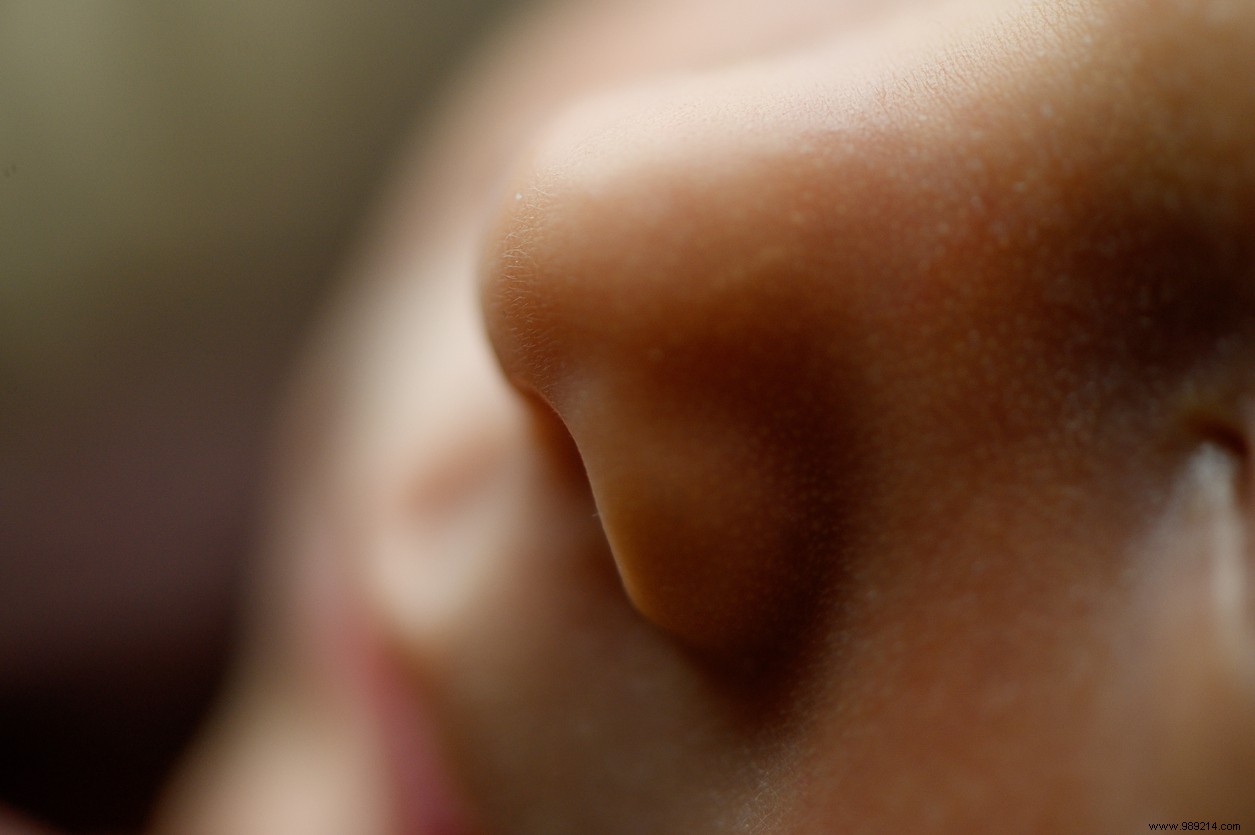Culture plays only a minimal role in the perceived pleasantness of odors. In reality, according to a study, human olfactory perception appears to be strongly constrained by universal principles. Among the smells proposed as part of this work, a perfume also seemed to make everyone agree or almost.
While humans share sensory systems with a common anatomical pattern, individual sensory experience varies. In olfaction, on the other hand, it is still unclear to what extent this sensory perception, in particular that of olfactory pleasantness, is based on universal principles, dictated by culture or if it is simply a question of taste.
To solve this problem, a team recruited several hundred people from different cultures. The researchers collected field data in Thailand, Mexico, Ecuador and the United States. Some evolved in the deserts or the humid tropical forests. Others frequented highland climates or coastal regions.
Participants also included a number of hunter-gatherer groups (Semaq Beri people of the Malay Peninsula in Thailand), as well as several horticultural and agricultural communities from subsistence. The researchers also recruited a cohort of New York residents. This city here represented the racially and ethnically diverse modern urban environment.
In each place visited, the participants (more than 280 people in total) received about ten pen-shaped devices, each offering a different flavor. They were then asked to smell them and rank them from most pleasant to most unpleasant.
“We wanted to examine whether people around the world have the same perception of smells and like the same types of smells or whether it is something that is culturally learned “, explains neuroscientist Artin Arshamian, from the Karolinska Institute in Sweden. “Traditionally, we tended to think that the cultural world played a major role. In reality, this is not really the case “.

Contrary to expectations, culture did indeed explain only 6% variance in amenity rankings. On the other hand, individual variability or personal taste explained 54%.
The smell generally ranked asthe most pleasant was vanillin (the main component of vanilla extract). The second most popular flavor was ethyl butyrate (a fruity scent often used as a flavor enhancer in flavored foods). The third was linalool which has a floral smell. Conversely, the least liked scent in the study was that of isovalerianic acid, known to have a pungent and unpleasant odor associated with cheese, soy milk and sweat .
As to why odor perception appears somewhat universal across cultures, it is plausible that a preference for certain chemical scents may have served an evolutionary purpose in our history, somehow increasing our chances of surviving at a certain time. If so, the researchers believe that these new results could help us explore this possibility further.
Study details are reported in the journal Current Biology.